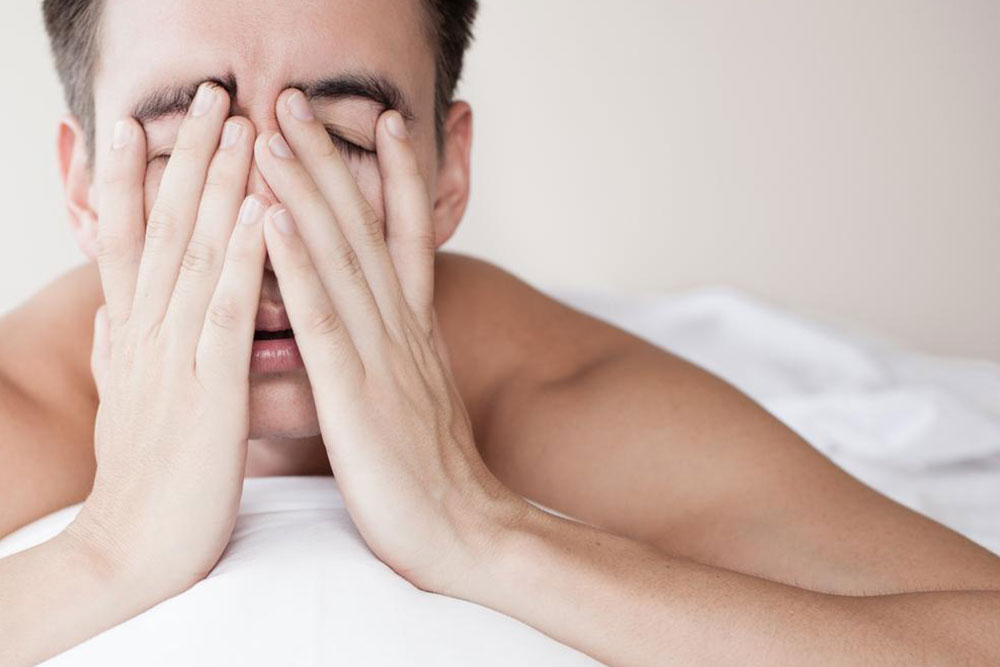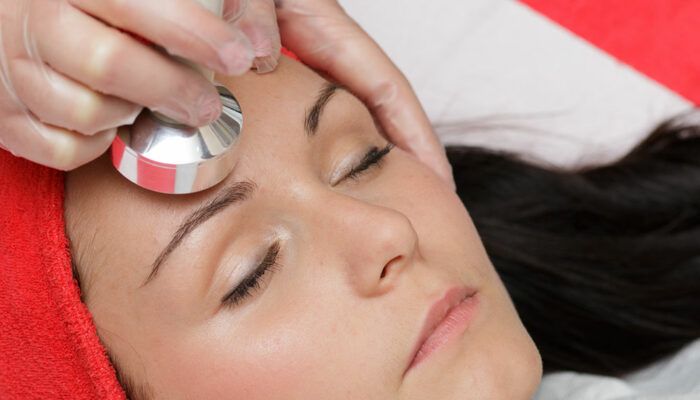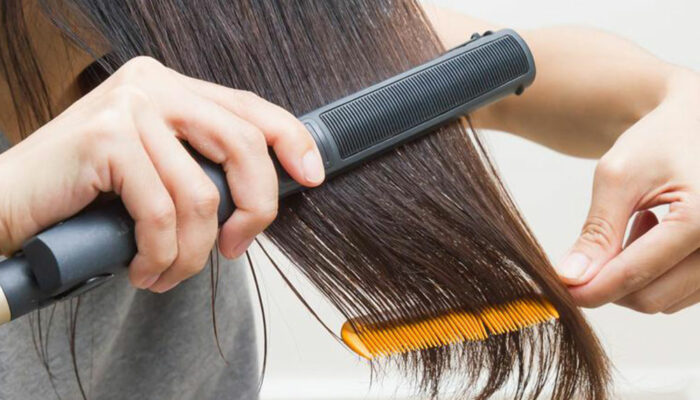
Everything to Know About Sleep Apnea
Snoring is very common, especially after you have had a long tiring day. However, when you feel tired and snore loudly despite having enough rest, you may have sleep apnea. A good night’s rest is essential to stay active and get through the chores of the day. But sleep apnea is a sleep disorder that can affect your day and decrease your productivity.
1. What is sleep apnea?
Sleep apnea is a sleep disorder where a person is unable to breathe regularly. The breathing stops and starts causing the person to snore loudly and feel tired all the time. Sleep apnea and snoring is a disorder that can affect your life, health and also cause trouble for the ones around you.
2. What are the types of sleep apnea?
There are 3 main types of sleep apnea that one might experience, including:
- Obstructive sleep apnea
This is the most common type of sleep apnea that occurs when the muscles in the throat relax. - Central sleep apnea
This is a type of disorder that occurs when the brain does not send proper signals to the muscles that aid in breathing.
- Complex sleep apnea
This is a syndrome that occurs when a person has both obstructive and central sleep apnea.
3. What are the harmful effects of snoring?
Sleep apnea and snoring can be a serious health problem as it can impact the quality of life. Snoring loud or very frequently can be dangerous as it causes an interruption of breathing. Most times, the person may wake up from their sleep several times due to the snoring. This affects the pattern of sleep due to which the person spends more time in light sleep. It can even lead to a strain on the heart as it increases the blood pressure.
4. What are the risk factors for sleep apnea?
The risk factors that increase your chances of sleep apnea and snoring include:
- Obesity
- Circumference of neck
- Narrow airways
- Men are at a higher risk
- Older adults
- Family history
- Smoking
- Alcohol
- Nasal congestion
5. When you should consult a doctor?
Loud snoring could be indicative of a serious problem. However, not all cases of sleep apnea lead to loud snoring. If you think you may have sleep apnea, then you must consult a doctor. If you are fatigued, irritable and sleepy all the time, you need to consult your doctor for the required treatment.
6. What are the treatments for sleep apnea?
If diagnosed with sleep apnea, a therapy based on the severity of the condition will be prescribed.
Some of these therapies are:
- Continuous positive airway pressure(CPAP)
- Bilevel positive airway pressure(BPAP)
- Oral appliance
Surgery is done in extreme cases where the surgeon might perform tissue removal, tissue shrinkage, jaw repositioning, nerve stimulation, implants or even create a new air passage.
7. What are the remedies for sleep apnea?
Self-care can also help deal with sleep apnea and snoring.
Here are a few tips to manage this condition:
- Exercise
- Lose excess weight
- Avoid or limit alcohol intake
- Try sleeping on your side or abdomen rather than on your back



